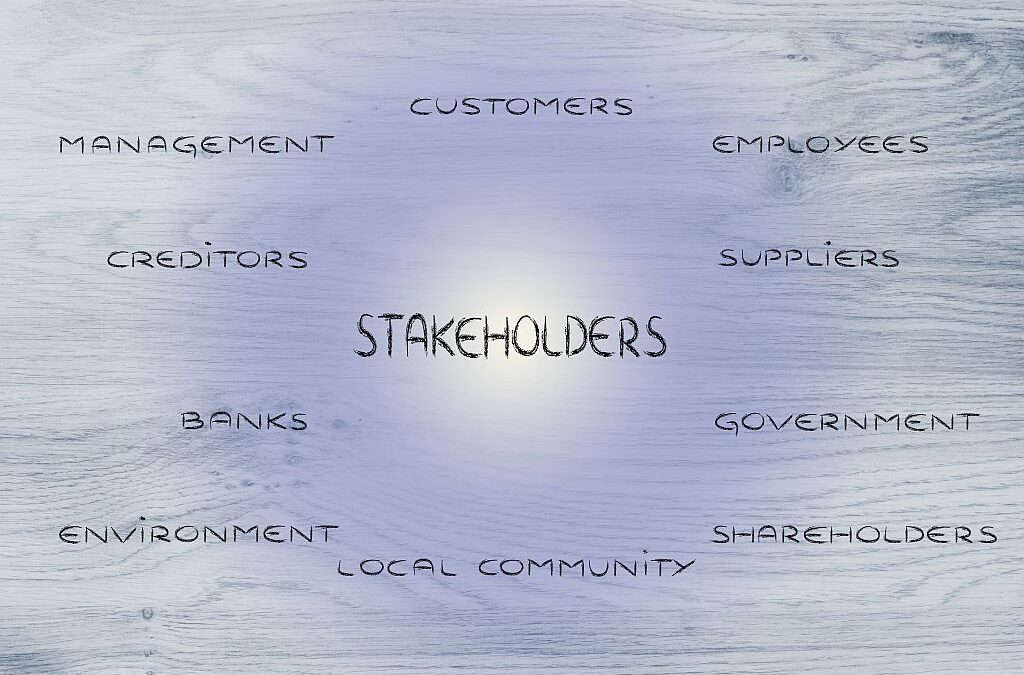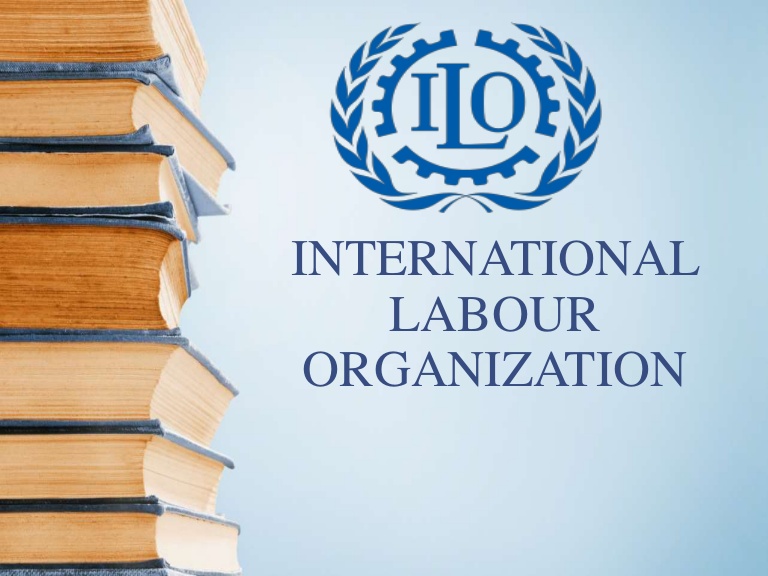
Evoking Ecosystems: As Nature Intended
Evoking Ecosystems: As Nature Intended
Saturday, October 3, 2020, by Ayman El Tarabishy
There is essentially no framework, which we can construct, that can truly describe a “framework” for ecosystems because an ecosystem’s success is typically based on its ability to capture the least common denominators of a community, or the groups typically left out of the discussion.
In the process of becoming in this new status quo, we hear a lot of reference to creating, (re)building, and maintaining entrepreneurial ecosystems. Session two of the New Professor program elicited a need to further our discussion of not only what an ecosystem is and what it necessitates, but additionally, the parts of entrepreneurship that affect (or determine) success or lack thereof within these ecosystems.
Ecosystem, originally a biological term, describes a community or environment in which organisms (or entities) interact with each other and their physical environment, or the structure that creates the confounds and limits on that particular system. We can find ecosystems practically everywhere; nature is and consists of many ecosystems, there are ecosystems within our institutions, and we can even find ecosystems within and throughout the inner workings of the human body. There seems to be, however, one specific commonality that holds for all of these ecosystems, and that is that they do, operate, and functions better, more efficiently, and more progress when they are left alone.
As the entrepreneurial community seeks to find a way to curate these ecosystems artificially, I must question why a need is there and from where it originates. There seems to be much energy being allotted to the research and construction of a “framework,” or collection of similarities with which we can manipulate and build ecosystems worldwide. Yet, I must bring light to this particular confusion.
We are spending time and money looking to create something artificially that can occur naturally in our societies.
Is the problem truly that we do not have enough or enough well-built ecosystems, or is it instead of that our institutions and we are not ready to recognize their problematic nature? Throughout the discussion on ecosystems, Humane Entrepreneurship, and more, we hear time and time again, the need to center the entrepreneur, or “place the entrepreneur in the driver seat.” We want to intensely and deeply return the natural balance to our communities, so we speak of focusing on the human as if it is a hard thing to do. Humans focus on humans. Seemingly a simple equation, but for some reason, a much more complex formulation.
As we take so much effort to center the entrepreneur and their needs in this artificial system we have made, we must question, What is an entrepreneurial ecosystem more than the act of removing our institutions and organizations to get them out of the way of the entrepreneurs?”
I want to note that, of course, we have spent centuries building the society in which we now inhabit. However, I would like to postulate that the need for entrepreneurial ecosystems has advanced as a need to “return to our roots” and find a more natural and organic balance within the ecosystem. Similar to the havoc being placed on the Amazon by humans, the ecosystem will survive when we stop pretending that there is anything that we can do to enable entrepreneurship and empower entrepreneurs, other than give them the space to do just that.
I want to stop for a moment to remind everyone that these pieces are specifically written to make us pause. These ICSB Reflections are released for the challenge and encouragement of “questioning the system.” Let us not fall claim to an idea just because it receives much attraction; let us, instead, better understand a concept and see it as a possible solution to aid us in advancing society.
Therefore, it is here that we will “refocus” on Humane Entrepreneurship. Dr. Norris Krueger and his ecosystem gurus are urging us to do so. As these experts release their reviews on thriving and failing ecosystems and the phenomena of ecosystems at large, I cannot help but notice the “humane” in all of it. They provide a solution to help institutions, regions, and governments better understand how the human must sit first and at the forefront of all our decisions around entrepreneurship.
The New Professor’s second class ended with a view of the group’s takeaways. They were all (unsurprisingly) focused on the human. Simultaneously, person after person reiterated ways in which these organizations and institutions that need to get out of the course are made up of individuals. If we change our thinking — from the entity in which the people exist within to the people themselves, then we will be simultaneously creating solutions in two frameworks of understanding: HumEnt and that of entrepreneurial ecosystems.
In both theories and practices, two essential concepts can hold true in both our natural and artificial systems, being bottom-up and intangible. In nature, ecosystems are created by the symbiosis of microscopic living organisms working synergistically together. The masses (bottom-up) are responsible for creating and maintaining the system, while it is inexplicable energy (the intangible) that provides the conduction of an ecosystem’s seamless flow.
We can think of the intangible in an entrepreneurial ecosystem, or frankly any human ecosystem, as the culture. Culture works as a significant driving force that, although very difficult to describe, guides an ecosystem. Culture — created, accepted, and perpetuated by the people — decides the parameters of success, failure, and an ecosystem’s ability to flow seamlessly. I want to pose that this might be a missing piece in the discussion of ecosystem building. There is essentially no framework, which we can construct, that can truly describe a “framework” for ecosystems because an ecosystem’s success is typically based on its ability to capture the least common denominators of a community, or the groups typically left out of the discussion. The ability of an ecosystem to adequately engage with the women, children, and disenfranchised will change depending on each culture. Yet, it is a guiding and determining factor for the prosperity in every entrepreneurial ecosystem.
As always, I hope that this reflection will illicit much thought and discussion going forward. This is not a comprehensive review but rather a call to the greater narrative we are all taking part in. We can easily find contradictions in all theories and most practices, and therefore, it is our responsibility to find our seat in the uncertainty of the gray area.
It is here we will advance. It is here where entrepreneurship lies.
article by:
Dr. Ayman El Tarabishy,
President and CEO, ICSB and Deputy Chair of the Department of Management, GW School of Business







